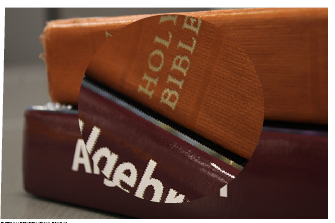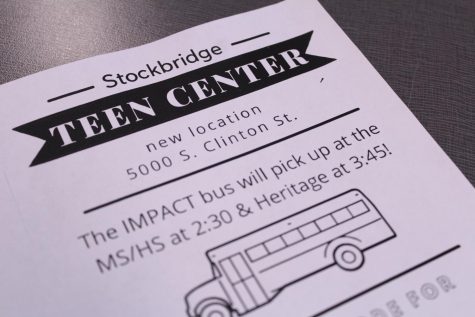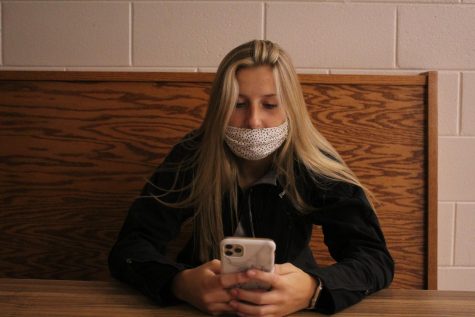Controversy in church and state
Six states including Florida, Indiana, Missouri, North Dakota, Virginia and West Virginia have submitted legislation for optional Bible classes into some public schools in the states. This move has signaled a discussion of the separation of church and state as promised by the Establishment Clause to the Constitution.
Families in these states are grappling with the appropriate amount of personal expression of religion while respecting the intent of the clause to protect against an establishment of religion as well.
President Donald Trump tweeted out on January 28, “Numerous states introducing Bible literacy classes, giving students the option of studying the Bible. Starting to make a turn back? Great!”
This national push, raises questions as to whether this movement will see its way to Michigan schools.
The state has not yet passed legislation to enact any bill regarding optional bible classes. “I don’t have a lot of information from from Michigan. However, I am aware of the bill in another state” superintendent Karl Heidrich said. “I don’t really have an opinion because of legislation.”
According to the American Civil Liberties Union (ACLU), “Bible literacy bills were considered in Alabama and Iowa last year, but did not pass.” The ACLU works in the courts, legislatures and communities to defend and preserve the rights of all people in the country.
Even religious parents are unhappy with the Odessa, Texas public school implementation of these optional Christian Bible classes according to the ACLU.
“It’s fine if kids want to get together to study the Bible. I’m all for that. What I’m not for is using tax dollars and public school resources to push an agenda,” Amado Flores, resident in Odessa, said. “I am a Catholic and I regularly attend church with my family. The Bible courses being taught at Odessa and Permian come from a Protestant viewpoint.”
Employees of the government are not allowed to talk about their beliefs with public school students because it could be considered influencing their beliefs upon them. Since these adults are workers of the government, their views would be considered preaching.
“Faith-based private schools like Lansing Christian are great resources for a faith-based class,” high school principal Jeffrey Trapp said. “I don’t see it as a public thing though.”
The separation of church and state was presented ensued on June 25, 1962 during Engel v. Vitale. Then, in June 17, 1963, District v. Schempp abolished readings of the Bible and prayer and declared them unconstitutional.
Trump’s tweet is not the only match that set this idea on fire; it was also done by a journalist for Fox News, Caleb Parke, an associate editor. Sources such as the Washington Post have confirmed that Trump tweeted this out after the broadcast on January 28.
According to Fox News, supporters say “learning the basics of the Bible is an important part of American history — and students should not be denied learning its tenets just because someone might be offended.”
That view has some support locally.
“It could have negative impact on the community, however, we are just educating students and helping them become more well rounded,” junior high principal Meghan Kunzelman said. “I think having more well rounded and knowledgeable individuals is a positive thing, but there is always naysayers.”
“Numerous states introducing Bible literacy classes, giving students the option of studying the Bible. Starting to make a turn back? Great!”









